Letter From
The Chairwoman
The Kresge Foundation works to make measurable, positive change for those living in urban settings by expanding opportunities in America’s cities. We want people to have the tools they need to lead self-determined lives and to have the opportunity to join the economic mainstream.
I staunchly believe that we must deploy our resources responsibly and consistently over time. We do this as we weigh the ever-increasing needs of those struggling in our nation’s city centers against the sheer complexity of getting things done.
We regularly review and refine our foundation-wide strategy to make sure we are directing our resources at the intersection of greatest need and highest potential impact. Our focus on cities, first introduced in 2012, resulted from such a review. Our track record of grantmaking and social investing sharpened when we prescriptively trained our efforts on those places in the United States where high concentrations of the population live.
And every two years we review each program’s strategy. In 2014, for example, our Environment Program launched an initiative to fund climate-resilience planning, policy development and implementation efforts to advance the priorities and needs of low-income people in cities.
To responsibly aspire to boldness requires deep and ever deepening expertise. Kresge program officers are subject-matter experts. Their depth of knowledge enables us to carefully target responses based upon research, study and analysis. This knowledge informs our efforts to build the fields in which we work – arts and culture, education, environment, health, human services, and community development in Detroit.
We often use our resources to convene. Bringing people together can be the first step in tackling a seemingly intractable problem. Other sectors, dependent in part on donations or public funding, rarely have the resources to draw disparate groups together. This is a point of pride for Kresge. Getting around a table with people who have never had such an opportunity creates conditions for forward movement. And with forward movement comes new thinking and opportunities for positive change.
Our Social Investment Practice has the same goal – positive change – using different methods. It completed its fifth year of operations in 2014 and is now an established complement to our grantmaking. Through social investing, Kresge has 37 active commitments under management, totaling $76 million. We make low-interest loans, deposits, equity investments and guarantees to support projects and organizations that advance the strategic priorities of our programs. In doing so, we are able to help attract capital from other sources, such as financial institutions, private investors, other foundations, donors and government agencies. In each arrangement, we are willing to take more risk than private-sector financiers if and when there is commensurate opportunity to further our mission.
To be sure, what some might say was our boldest venture and biggest risk – with commensurate social good – was Kresge’s $100 million grant to the Foundation for Detroit’s Future, an $816 million fund known as the Grand Bargain that helped speed the resolution of the city’s bankruptcy. Was it a risk? Yes. Was it vital? Yes. Did it create conditions for social good? To us, absolutely.
I must publicly commend Rip Rapson and his able staff for their significant contributions to the conception and establishment of the fund. In Rip’s Letter From the President you will read about the lessons learned as a result of this historic and unprecedented commitment on Kresge’s part and how the foundation is applying those lessons to its future work.
We believe strongly that we can take action against complex problems rooted in urban areas. We have hope. We have a sizable endowment. We have a mission bestowed on us by our founder, Sebastian Kresge, to promote human progress. And we have sound strategies, precise in their focus and comprehensive in their approach. If Kresge is seen as bold, I am pleased: Our actions are aligning with our aspirations.


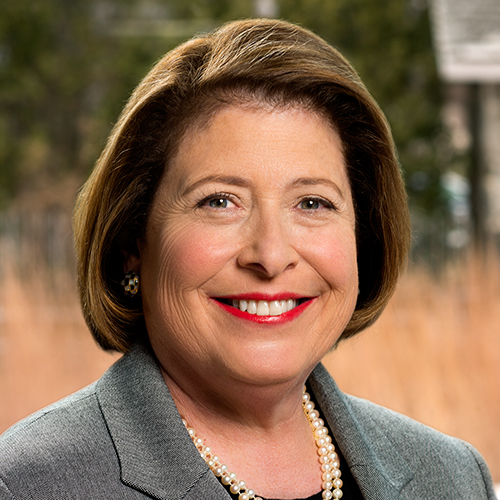
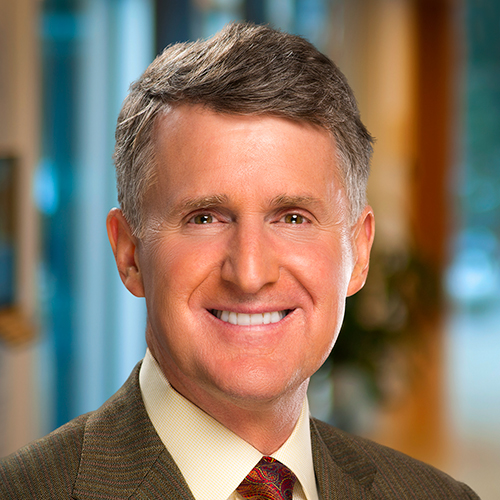

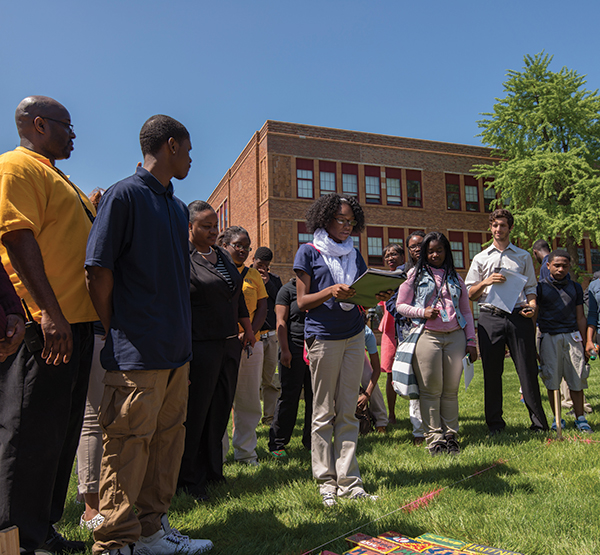
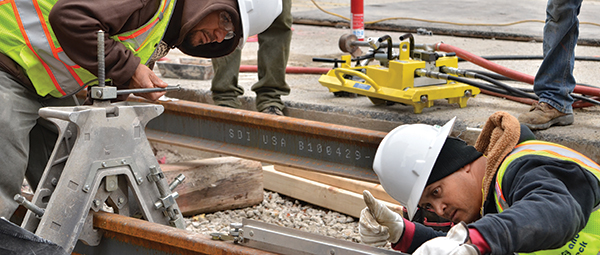


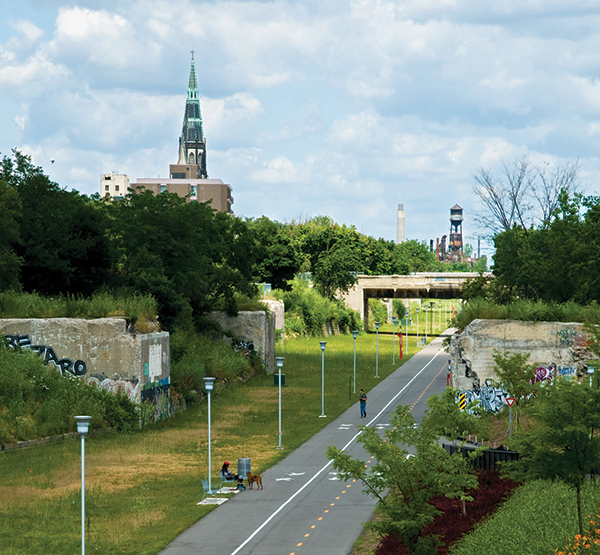
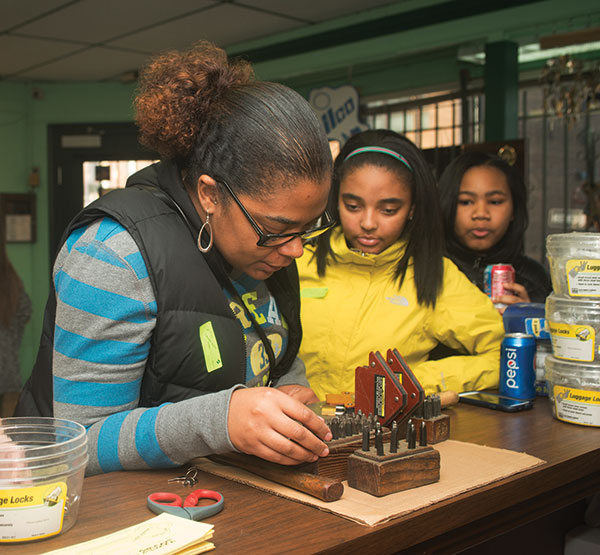
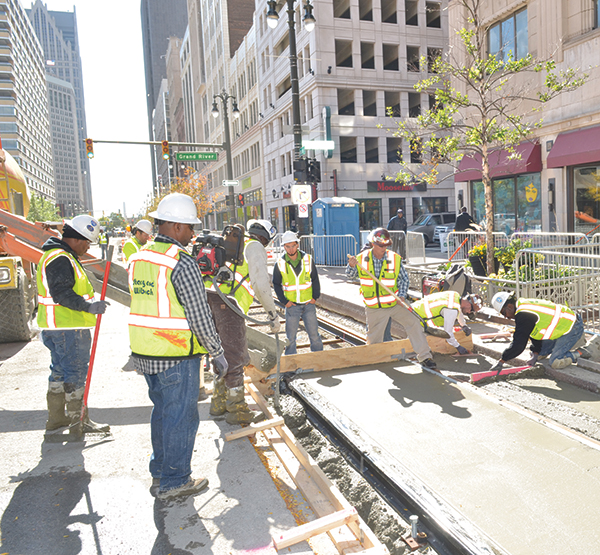
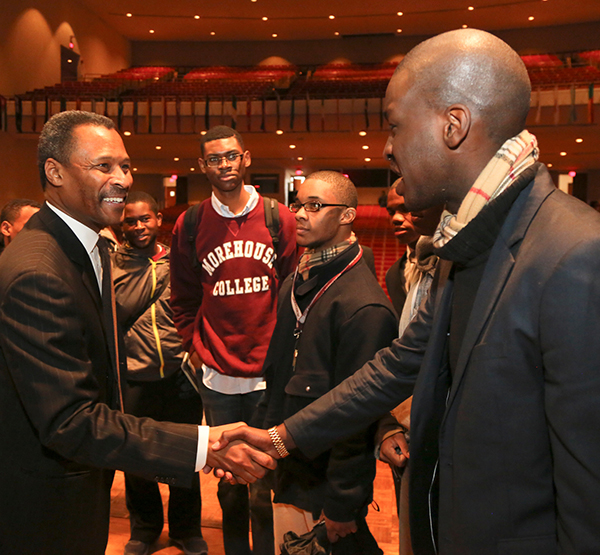
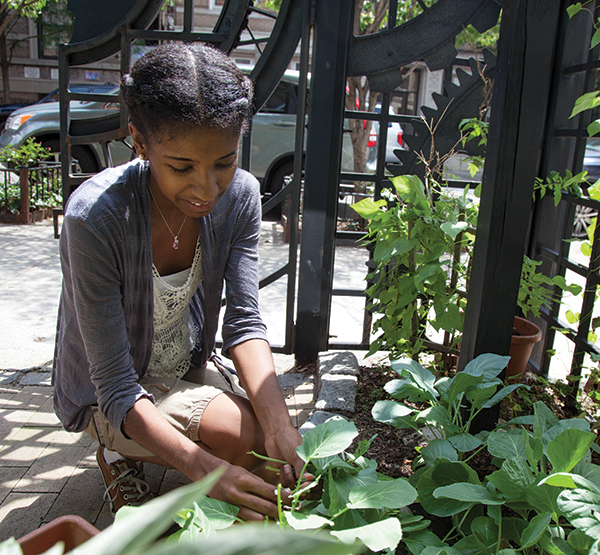
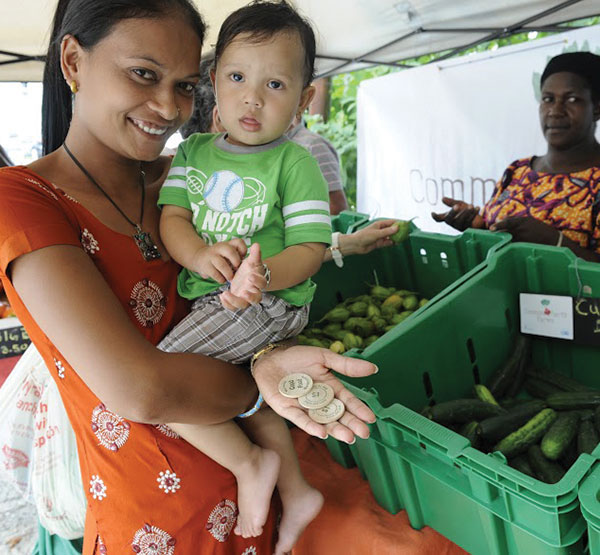
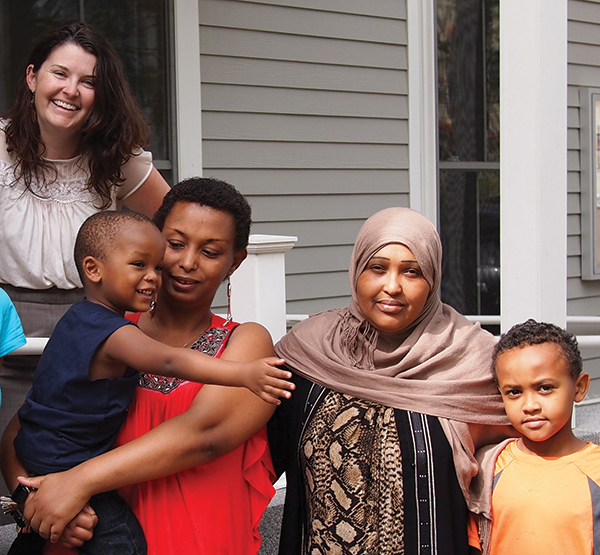

Social
Investment Practice
In 2014, our Social Investment Practice made 12 new commitments totaling $20.4 million.
Kresge’s investments aim to solve complex social problems with cross-sector solutions such as:
Over the course of the year, three loans were fully repaid and several others partially repaid, returning nearly $3 million to the foundation for new investments.
Our 2014 investments bring active commitments to $76 million, which has attracted an additional $400 million from third-party investors to advance Kresge’s program strategies.